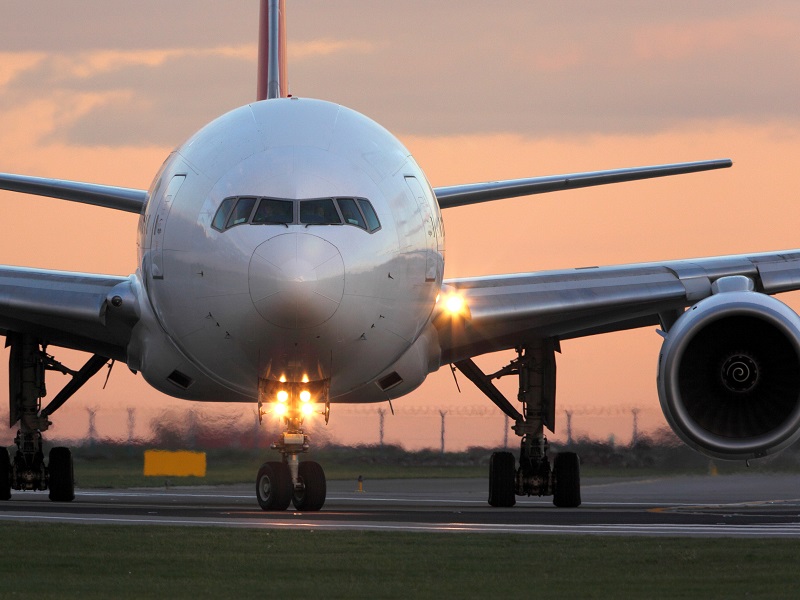The federal and Queensland governments have tipped in $14 million to support development of Jet Zero Australia’s sustainable aviation fuel facility, a priority sector under the Future Made in Australia agenda.
Jet Zero Australia plans to use the ethanol-to-jet fuel technology developed by its American parent firm LanzaJet to convert agricultural waste into 102 million litres of sustainable aviation fuel (SAF) — about one per cent of annual domestic jet fuel needs — per year from 2027.
The additional support for Project Ulysses, being built in Townsville, builds on existing federal, state, and private backing from Qantas, Airbus, and Japanese conglomerate Idemitsu Kosan.

Jet Zero Australia also wants to produce around 11 million litres of diesel from biomass at the Townville facility. Biodiesel like SAF is considered a low carbon liquid fuel — a priority sector under the Future Made in Australia (FMiA) net zero transformation stream.
The federal government’s $9 million contribution will be made through the Australian Renewable Energy Agency’s SAF initiative, which pre-dates FMiA, while Queensland is committing $5 million under its new-industry development strategy.
Earlier this year, Jet Zero Australia raised $29 million from foundational investors Qantas and Airbus, as well as Japanese conglomerate Idemitsu Kosan. Queensland’s State Development and Infrastructure department initially committed $760,000 to support an initial feasibility study for Project Ulysses in 2022.
The new funding will support the front-end engineering design study phase, further project development work, and viability of deploying the ethanol-to-jet technology at commercial scale. This phase is due to finish in late 2025, with construction expected to follow in 2026.
Queensland State Development and Infrastructure minister Grace Grace said the funding builds on support for “a feasibility study into the new Wagner SAF Refinery as well as Energreen’s new processing facility in Central Queensland, which aims to grow SAF feedstock”.
Replacing fossil-fuel based jet fuel with SAF could reduce carbon emissions associated with the aviation sector by 70 per cent. As the two fuels are chemically identical, SAF emission reduction claims account for the carbon dioxide absorbed by agricultural feedstocks.
Jet Zero Australia has also separately received half a million dollars from the Department of Foreign Affairs and Trade to support a joint venture with Singapore-based Apeiron Bioenergy.
Transport and Infrastructure minister Catherine King, whose portfolio overseas SAF industry development policy, said Friday’s funding announcement a local low carbon liquid fuel industry would help decarbonise aviation and create more jobs.
Ms King is being advised on industry development policy by a Jet Zero Council, which includes representatives from of the biofuels sector, airlines, plane manufacturers, airports and government.
In the 2024 Budget, the federal government committed to produce a regulatory impact analysis of introducing demand-side measures for low carbon liquid fuels, and develop a low-carbon certification scheme for the fuels.
Do you know more? Contact James Riley via Email.

